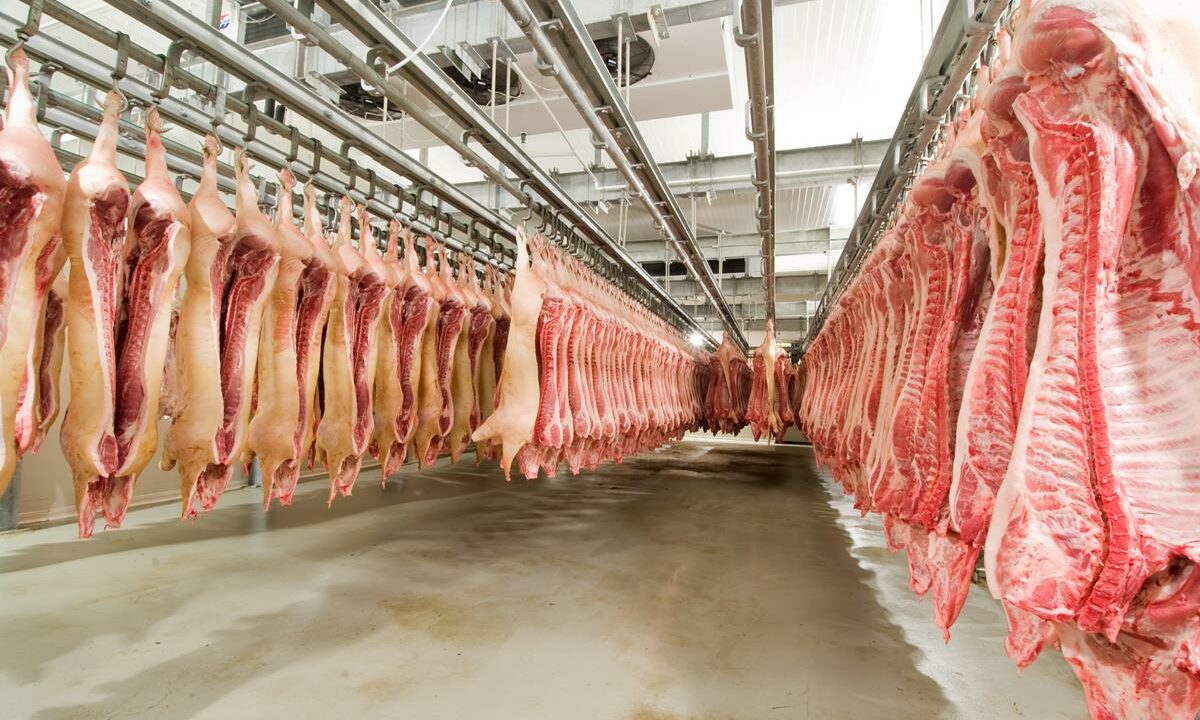The European Commission’s proposal for a directive on Unfair Trading Practices (UTPs) in the food supply chain, published yesterday, has been welcomed by the Irish Co-operative Organisation Society (ICOS) Marts Committee.
Directive
The directive proposes a minimum list of prohibited UTPs between buyers and suppliers in the food supply chain.
It also lays down minimum rules concerning their enforcement and arrangements for coordination between enforcement authorities.
According to the EU definition (which is currently up for revision), an SME is an enterprise that has: less than 250 employees; a turnover of less than €50 million; or a balance sheet of less than €43 million. Additionally, it is limited to companies that have their base in the EU.
ICOS reaction
Commenting on these terms, the ICOS National Marts chairman – Michael Spellman – said: “We’re concerned to ensure that meat factories must come under the scope of this directive due to their dominant market position and the role that is exercised by a small number of large entities in the overall supply chain.
The complete stranglehold that the factories have on the livestock industry in Ireland is a gross example of the ‘Unfair Trading Practice’ which this directive should be addressing.
“Measures currently being enforced by Irish meat factories in their buying practices are subverting the free trade of cattle in Ireland, controlling prices and stifling competition.
“Brexit is an additional complication, where it’s uncertain as to the impact this directive may have on the UK and Northern Ireland jurisdictions and on the requirements and actions of Irish-owned factories and British retailers,” the chairman added.
Spellman highlighted that any divergence or weakening in the protections or regulations currently afforded to producers under existing legal frameworks must be challenged at all costs.
“We welcome the fact that Commissioner Hogan has stated to MEPs, when presenting the proposals, that the list of infringements could be added to.
I would urge the commissioner to look to Ireland, where he could easily add to the list through an examination of the trading practices currently enforced by the meat industry in this country.
Spellman added that this is particularly the case regarding the “spurious penalties that are levied on producers based on unreasonable conditions such as limitations on livestock movements”.
“This has a further knock-on effect in curtailing trade by marts, which are one of the last bulwarks of free trade and competition in the Irish meat industry,” the chairman concluded.
